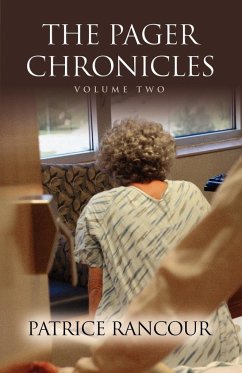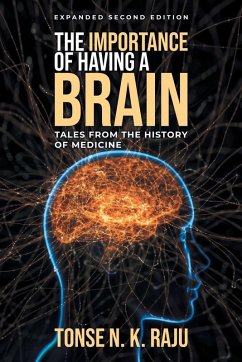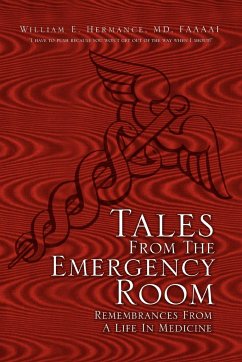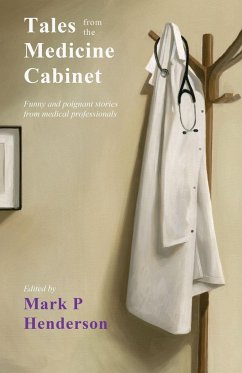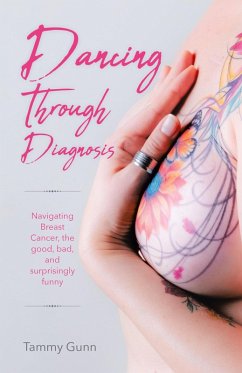
Tales from The Pager Chronicles
Versandkostenfrei!
Versandfertig in 1-2 Wochen
21,99 €
inkl. MwSt.

PAYBACK Punkte
11 °P sammeln!
Patients with life-limiting diseases face many unknowns: fear of pain, death, changes in the way their bodies look and behave, worries about how their illnesses will affect their relationships. In a conventional cancer hospital, this is the story of how one nurse helps each patient cope with suffering in all its many forms. Using real-life examples drawn from her many years of clinical practice, Patrice Rancour demonstrates how the therapeutic use of self - and not a prescription pad - alleviates suffering. She draws intimate pictures of how nurses work behind the scenes, using "Courageous Con...
Patients with life-limiting diseases face many unknowns: fear of pain, death, changes in the way their bodies look and behave, worries about how their illnesses will affect their relationships. In a conventional cancer hospital, this is the story of how one nurse helps each patient cope with suffering in all its many forms. Using real-life examples drawn from her many years of clinical practice, Patrice Rancour demonstrates how the therapeutic use of self - and not a prescription pad - alleviates suffering. She draws intimate pictures of how nurses work behind the scenes, using "Courageous Conversations": that is, how to break bad news, how to talk about dying, the inevitable loss of control that comes with serious illness, how to get used to a body changed by illness and/or treatment. The goal is often how to help the patient and family actually transcend the perceived obstacles that the illness presents, so that while the body may not actually be cured, the opportunity for a life to be healed is ever present. The effort here is to help the patient and family hold themselves larger, to see that while not everything is fixed, not everything is broken either; to remind them that they are not just their bodies, and definitely not their scars. Additionally, for readers who might be curious as to how holistic therapies are integrated into a conventional treatment plan, she models the use of interventions such as guided imagery, visualization, and Reiki which can be taught and learned to address decision-making, pain, fear, grief, anxiety and depression associated with serious disease. These interventions often address spiritual - not religious - concerns that people facing their mortality often wrestle with. How to have such explorations without imposing one's own beliefs onto that patient is an exercise in self-awareness. A related issue in treating people with such illnesses is that health care professionals come into contact with people very different from themselves. Cultural competence in the face of such relationships implies that we are willing to learn from them, to ask lots of questions, to respect that the differences among us invite openings to make connections, not to erect barriers. In the end, our humanity, after all, reminds us that we all love, we all cry, we all laugh, no matter what the colors of our flags are. Another population inside the hospital worthy of attention are the health care providers who minister to the sick. As the first responders who 'run into the burning building while everyone else is running out,' health care providers are exposed to long hours of contact trauma, that is providing care to people who are suffering. It is an error in judgment to believe they are not affected by such compassion fatigue. Throughout her day, Rancour interacts with her colleagues in such a way as to acknowledge what it costs them to put themselves in relationship with people who are suffering: fellow pilgrims on the path. The book offers up numerous examples of simple kindnesses among nurses, physicians and other health care workers that can make this work peak, not bleak experiences. This book was written years before the current pandemic revealed what giving care to life-threatened patients looks like behind the closed doors of our hospitals. If you are expecting to feel depressed by such a read, may you unexpectedly find it to be hopeful and life-affirming! ¿The perfect gift for that special nurse in your life or a thoughtful read for seriously ill patients. Consider giving The Pager Chronicles, Volumes I and II.



